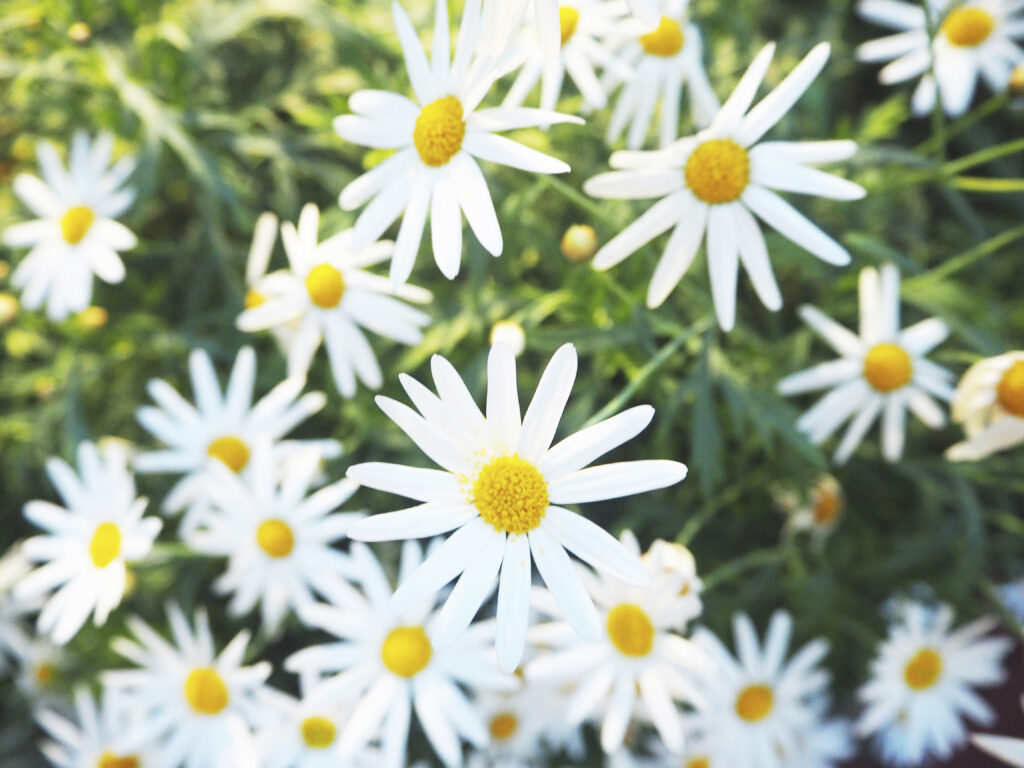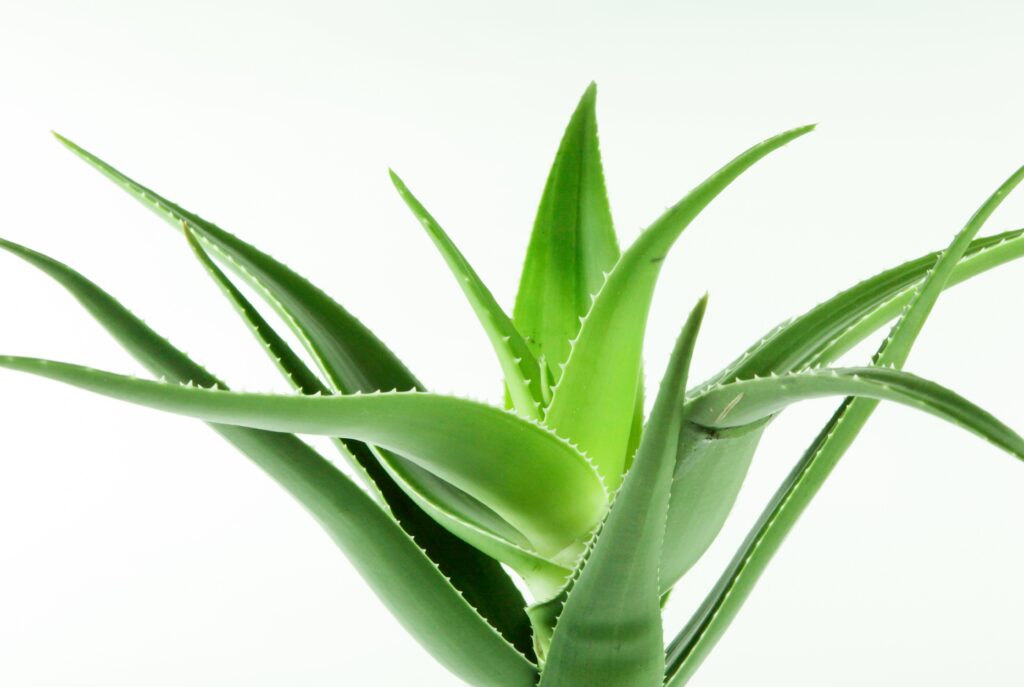Solve the mystery of the “plant used as a herbal medicine crossword”! Explore fun clues, herbal remedies, and tips for unraveling botanical puzzles.
Crossword puzzles are a delightful way to challenge your mind and expand your vocabulary. But what if you could also use them to learn about nature’s pharmacy? Puzzles often include clues about plants used in herbal medicine—making them educational and entertaining at the same time.
Curious about clues like “Plant used for burns (4)” or “Immune-boosting herb (9)”? This guide will help you decode these herbal-themed crosswords while boosting your knowledge of natural remedies.
Why Herbal Medicine Fascinates Us
Herbal medicine has been a crucial part of human history. Across ancient cultures—from Ayurveda in India to Traditional Chinese Medicine (TCM) and Native American remedies—plants have been used to treat ailments and improve health. Even today, plants like aloe vera and turmeric play an essential role in modern wellness practices.
Crossword puzzles honor this connection by incorporating herbal knowledge into their clues. Solvers are often introduced to herbs that might not be part of their everyday vocabulary, making puzzles a unique learning tool.
Popular Plant Used as a Herbal Medicine crossword
Below is a table of commonly used herbal medicine plants, their uses, and sample crossword clues.
| Plant | Medicinal Use | Sample Crossword Clue |
|---|---|---|
| Aloe Vera | Skin healing, soothing burns | “Plant used for burns (4).” |
| Echinacea | Immune booster, helps with colds | “Herb for colds (9).” |
| Ginseng | Energy enhancer, reduces fatigue | “Root used for stamina (7).” |
| Chamomile | Calming, aids relaxation and sleep | “Tea herb (9).” |
| Turmeric | Anti-inflammatory properties | “Yellow root spice (8).” |
| Yarrow | Treats wounds and aids digestion | “Herb used for healing (6).” |
| Valerian | Promotes relaxation and better sleep | “Plant for insomnia relief (8).” |
These plants aren’t just healing remedies—they provide a fun challenge for crossword enthusiasts. Their names, unique properties, and historical significance make them ideal candidates for puzzle clues.


How Crossword Puzzles About Herbal Medicine Expand Knowledge
Crosswords aren’t just a game—they’re a powerful educational tool. Here are the ways solving herbal-themed puzzles benefits you:
- Boosts Memory
Each time you encounter unfamiliar terms like “echinacea” or “valerian,” you’re likely to look them up, improving recall and expanding your vocabulary. - Encourages Exploration
Herbal-themed puzzles might introduce you to rare herbs or prompt you to discover their benefits, origins, or cultural significance. - Sharpens Problem-Solving Skills
Recognizing common themes like “tea,” “tincture,” or “healing” helps you connect the dots and solve clues quicker. - Promotes Relaxation
Like sipping chamomile tea, crosswords are a soothing exercise that aids mental focus and calmness.
Tips for Solving Herbal Medicine Crossword Clues
Mastering plant-related crossword puzzles can be tricky, but these tips will help you become a pro solver.
- Learn Botanical and Common Names
Some puzzles might use scientific terms like “Curcuma” for turmeric instead of its everyday name—so having a basic understanding of botanical names can be helpful. - Identify Clue Themes
Pay attention to descriptive words like “tea,” “herbal,” “root,” or “immune.” They signal that the answer may relate to a plant. - Use Context Clues
Find hints in the rest of the puzzle. For example, if the clue is “Herb for stress (8),” and you already have “V_L_ _ I _ N,” you can guess the answer is “valerian.” - Reference Tools
Keep a herb-focused glossary or use online aids like crossword-solving apps to guide you when you’re stuck.
Fun Facts About Herbal Medicine and Puzzles
Herbs have always been a fascinating subject in crossword puzzles. Here are some fun facts to brighten your day!
- Unique Crossword Features
Herbs like “yarrow” or “ashwagandha” are perfect for puzzles because of their distinct letter combinations. - Tricky Clues
Did you know that “Indian spice root (8)” has frequently been used to clue “turmeric”—confusing many solvers who guessed ginger or cardamom? - Rare Appearances
Lesser-known plants such as hyssop or feverfew make occasional appearances in crossword challenges aimed at experts.
FAQ section about Plant Used as a Herbal Medicine Crossword
1. What are the benefits of solving herbal medicine crosswords?
Herbal medicine crosswords combine entertainment with education. They help improve your memory, expand your vocabulary with botanical terms, and introduce you to the world of natural remedies. Plus, solving crosswords is a great way to relax and exercise your brain at the same time!
2. What are some common plants featured in herbal medicine crosswords?
Plants frequently featured in crosswords include aloe vera (for burns), echinacea (an immune booster), turmeric (a yellow root spice with anti-inflammatory properties), chamomile (for relaxation), and ginseng (for energy). Their unique names and medicinal uses make them popular puzzle entries.
3. Are there any strategies for solving plant-related crossword clues?
Yes! Brush up on both common and scientific names of plants, as puzzles may include botanical terms. Look for common themes like “healing,” “tea,” or “root” in the clues. Also, pay attention to letter patterns and use context from other clues to narrow down your answer.
4. Can beginners solve herbal-themed crossword puzzles?
Absolutely! Beginners can start with easier puzzles and gradually work their way up. Using herb glossaries, crossword apps, or online references can make the process smoother. Over time, you’ll get the hang of deciphering plant-related clues.
5. How can I create my own herbal medicine crossword puzzle?
Creating your own puzzle is a fun way to test your herbal knowledge! Start by listing herbal plants and remedies you want to include. Use an online crossword-making tool to design the grid and form creative clues based on the plant properties or uses. Share it with friends for a fun challenge!







Leave a Reply